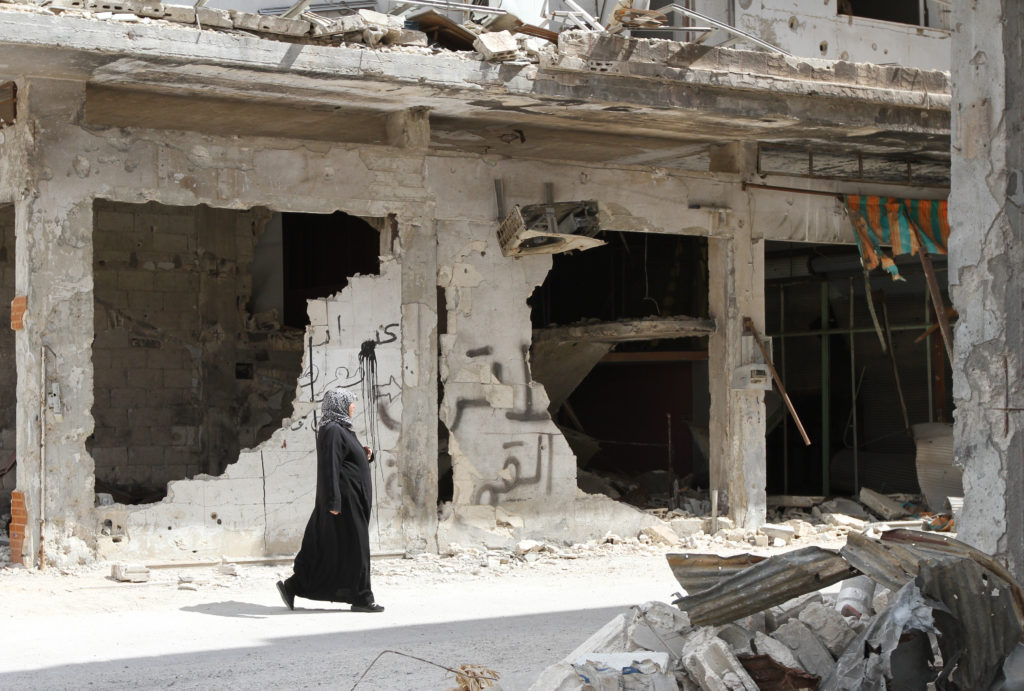Peace Treaty Initiative – Op-Ed
On this annual Armistice Day, many countries will rightly stop to recall the horrors and heroism of World War I: a war that ended with a 36-day armistice signed between Germany and the Allies in 1918. But what we too seldom recall on this occasion is the importance of the international law that emerged from both World War I and II.
It is, in fact, a paradox of politics that the last century’s great wars also produced great law – and global institutions to match, such as the United Nations. Among other things, we saw the mass expansion of international humanitarian law (ie, the laws of war), the emergence of human rights, and the creation of international criminal law, to name just a few milestones.
But international law remains a patchwork, built piecemeal as and when existing law falls behind the times. And such a moment has arrived – and in the most surprising of areas. While we have international law to regulate the conduct of internal armed conflicts, we lack corresponding law to incentivise states to choose the path of negotiation in order to prevent such conflicts in the first place as well as end them peacefully once underway.
Though less common today, the case is the same for inter-state conflicts as it is for non-international armed conflicts. There are general principles, but there isn’t a body of law that could be described as a “law of peace negotiation”.
As a global community, we can do better – and we have the opportunity to do so now that this legal gap has been detected.
Wars rarely end with total victors. Time and again, conflict parties find themselves sitting around a table to talk their way out of the abyss – just as they did on the 11th of November 1918. But just as often, the window of opportunity for making peace is missed. That is because negotiation with a sworn enemy is always a fraught political decision. Governments enter into it hesitatingly, knowing the choice is filled with costs and risks.
For those that do, there is no organised framework of law to turn to, whether for questions of process design or substantive accords. And for the areas of international law that do impinge on a negotiation’s prospect for settlement, they are more likely to suffocate than facilitate its realisation. This is so despite the fact that the structure of a negotiation requires mutual and painful concessions – and thus the greatest legal clarity and flexibility possible.
And even if, against the odds, the parties succeed in reaching a deal, there aren’t any clear standards or available mechanisms to validate its conformity with international law. It’s all a legal crapshoot.
This situation of excess uncertainty serves no one. The law should be an aid and not a hindrance for a subject as consequential as peace making vis-à-vis civil wars.
Will states buy this argument? They will – if the as-yet-unborn international law of peace negotiation is conceived as a help and not a barrier to their interests, offering more benefits than burdens, and with a global rather than Western perspective.
We are already in an era of new and growing kinds of armed conflict: climate wars, cyber wars, and more. New armed groups keep springing up and morphing in ways that endanger civilians in every region of the world. The fighting no longer occurs on a clearly marked battlefield with clear separation between combatants and civilians.
As such, we need to be ready to face the new realities of armed conflict with the most proven tool that history has provided: the tool of negotiation. It deserves all the protection and incentives that the law can offer.
Just imagine how much needless suffering and destruction could be prevented if international law made peace negotiation more attractive at the start, more flexible and organised in the middle, and more stable at the end. This Armistice Day is as suitable a day as any for that process of imagination to begin.

Donate
Please help us to make our world a better, safer place, by pledging your support to IFIT and this transformative global effort.

